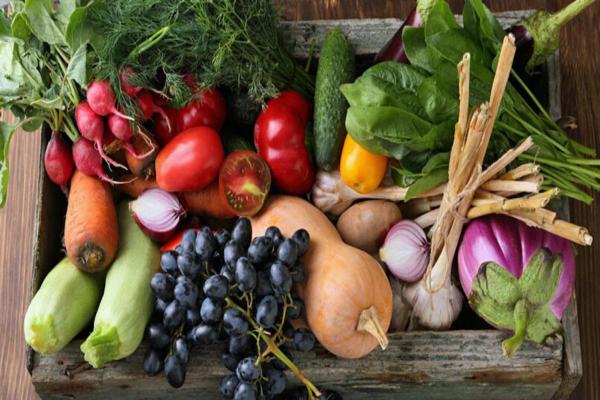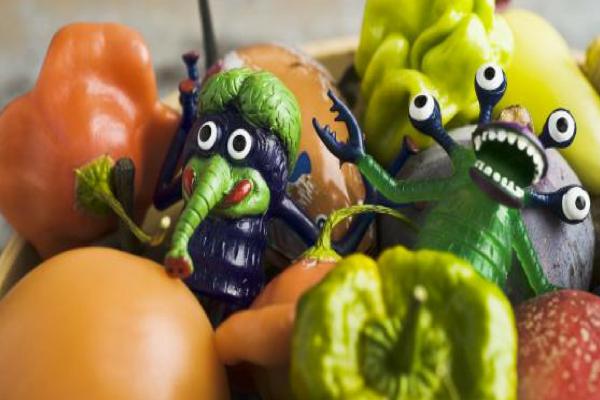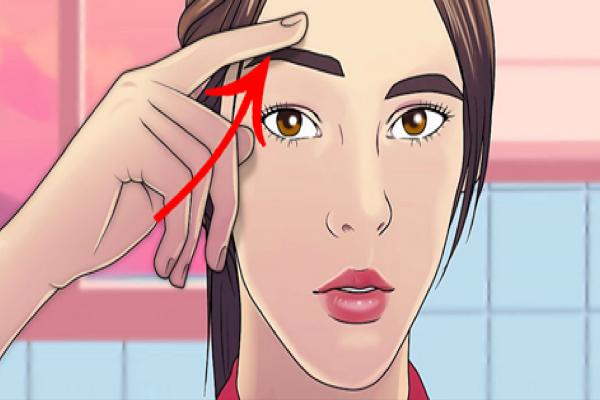Does Eating Organic Protect Against Cancer? And 7 Other Questions About Nutrition

This is the third time in 20 years that American experts from the World Cancer Research Fund have collaborated with the American Institute for Cancer Research to analyze the links between diet and cancer. This immense work consists of examining thousands of international studies, more than 80,000 ... The objective of this analysis is to formulate dietary recommendations for the prevention of cancers worldwide. This advice is then translated and adapted to the French context and relayed by the National Food Cancer Research Network.
According to expert calculations, if these recommendations were better followed, cancer counts would decrease by 40% . That is, 140,000 fewer cases per year. The four main causes of cancer are tobacco (20%) , alcohol (8%) , unhealthy diet (5.4%) and obesity (5.4%) . The last two factors are therefore responsible for around 35,000 new cases per year. This is why it is urgent to change our eating habits. However, keep in mind that while diet is a weapon against cancer, there is no such thing as an anti-cancer miracle food.
That's why, we offer you a inventory and answers to 8 questions on the link between food and cancer .
How much fiber should you eat per day?
Fiber is the residue from plants that the body cannot digest. They do not therefore provide energy to the body but they increase the volume of stools and, as a result, accelerate intestinal transit. In addition, they bring a feeling of satiety more quickly which limits snacking and weight gain. Finally, fiber decreases the risk of colon cancer. Experts recommend ingesting 25 to 30 g per day . You will find it in high amounts in fruits and vegetables, the husk of whole grains, legumes and oilseeds.






